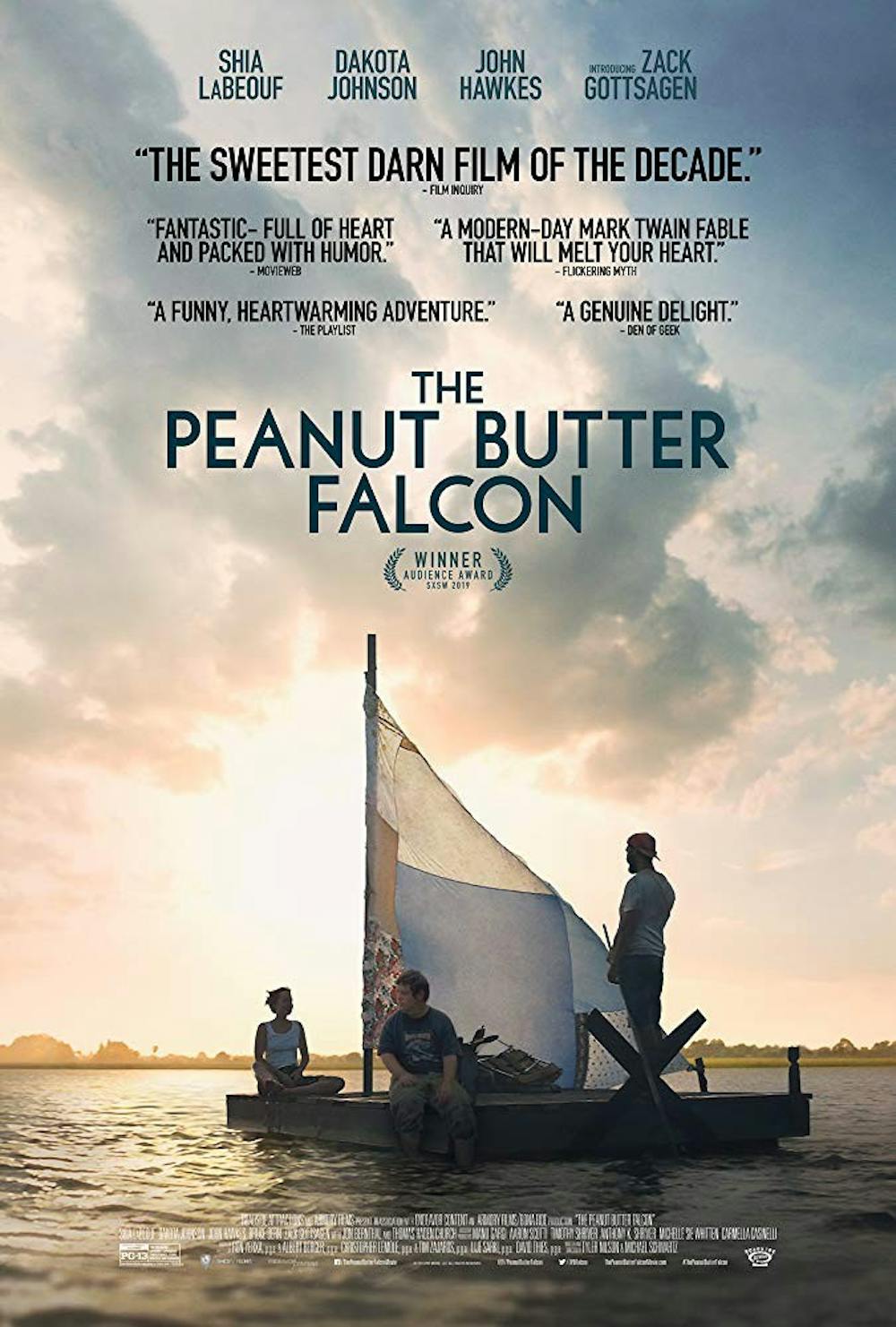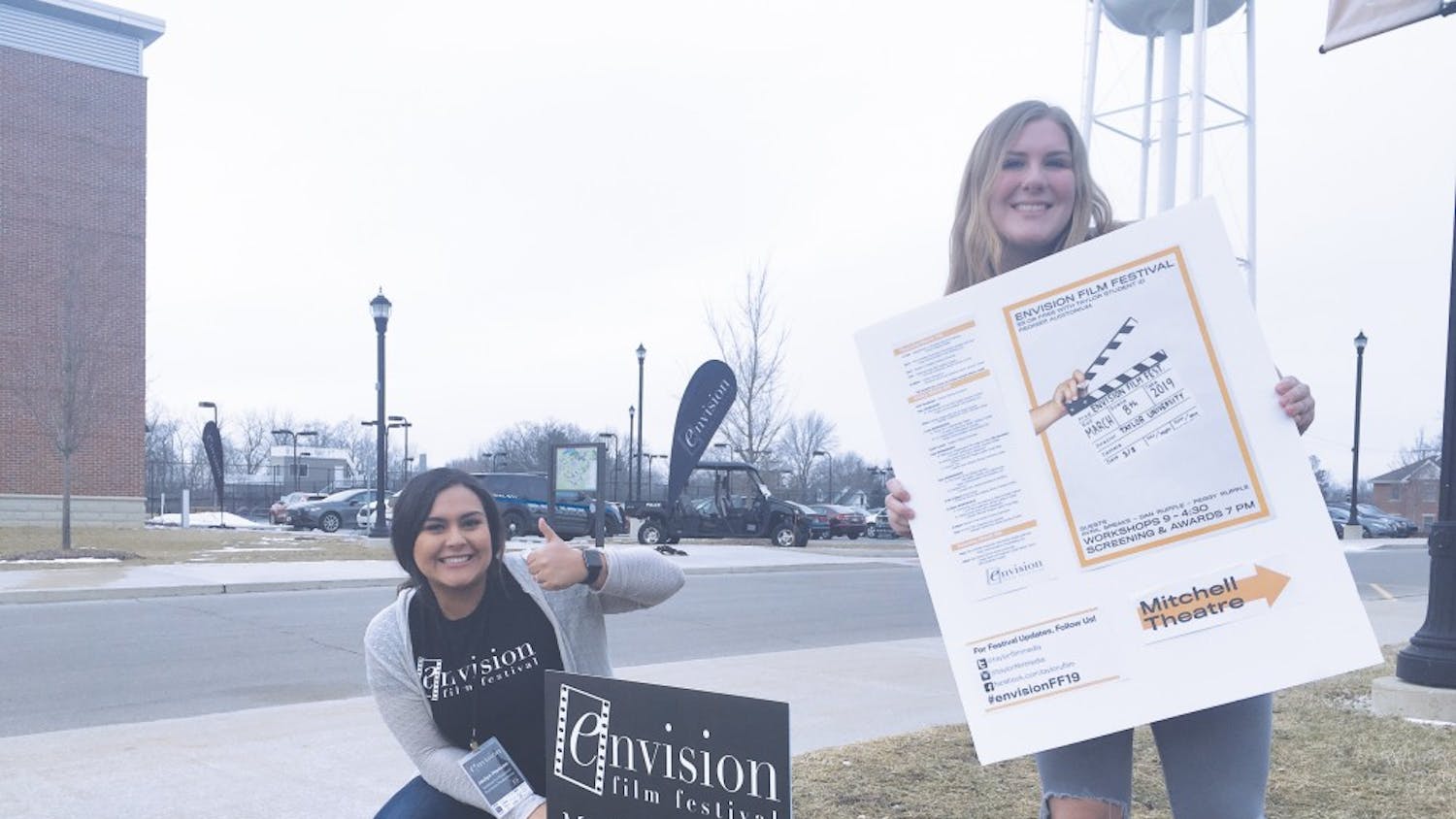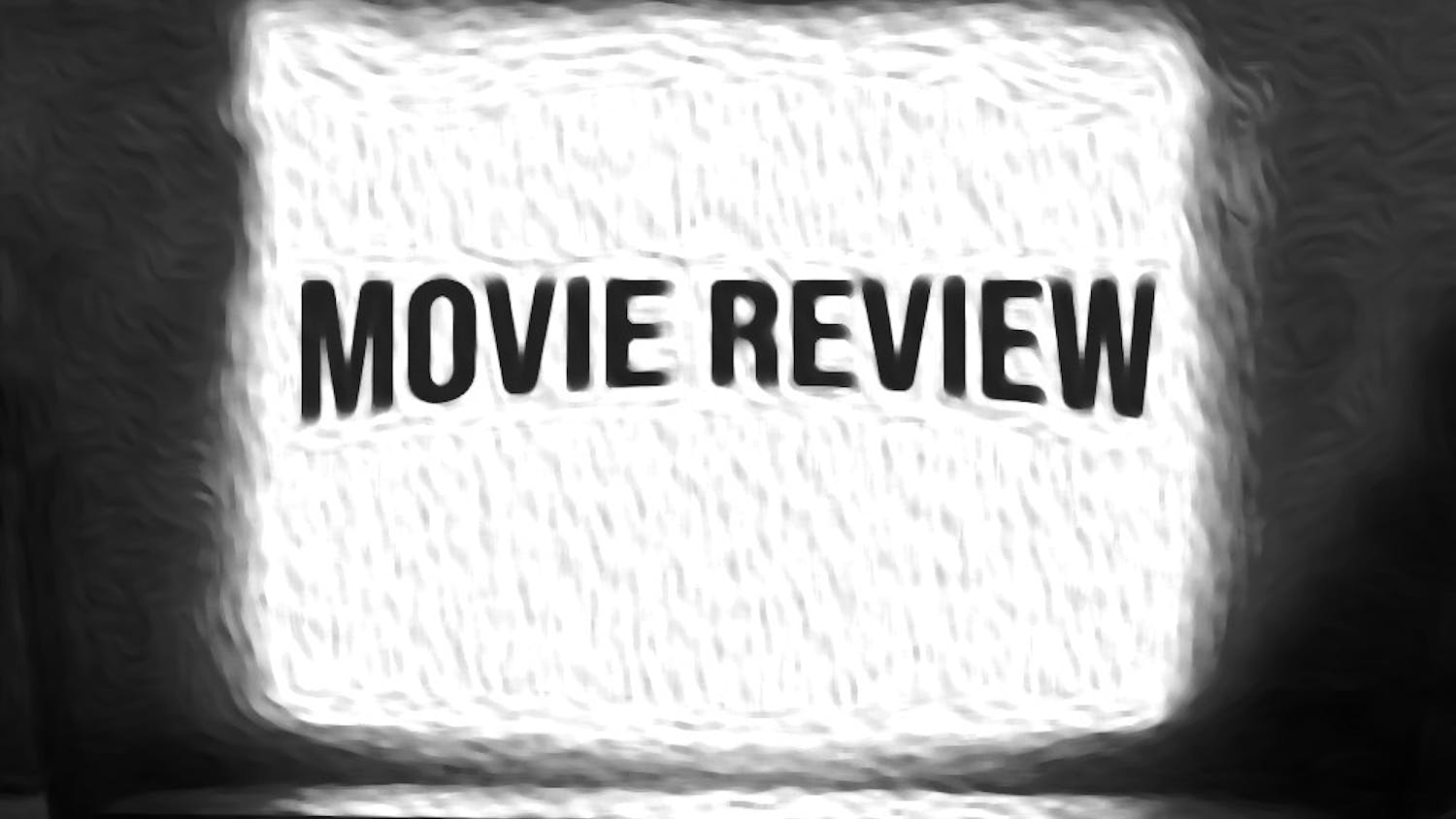A raft floats down the seemingly endless stretch of vast, muddy water that is the Mississippi River, carrying a crew of assorted misfits and unexpected friends toward a legendary destination.
That iconography became an indelible part of the American mythos, launched by Mark Twain in his classic chronicles of Tom Sawyer and Huckleberry Finn. Flash forward 140 years, and enter “The Peanut Butter Falcon” (PG-13), written and directed by Tyler Nilson and Michael Schwartz.
While the events of “Falcon” take place along the Outer Banks of the Carolinas, the spirit of Twain’s Mississippi lore runs as thick as the mud in the water. This new story takes the classic, timeless archetype and breathes new life into it to craft a powerful story of friendship, forgiveness and what it truly means to be human.
The story sets forth as follows: Zak (Zack Gottsagen) is a young man with Down syndrome, abandoned by his family to live in a North Carolina retirement home with roommate Carl (a briefly appearing but always memorably cantankerous Bruce Dern). Zak, however, has a dream — to track down his hero, the professional wrestler Salt Water Redneck. The Redneck promises to train future wrestling icons, and Zak plans to become his next student.
And so the odyssey begins. Running away from the home, Zak inadvertently winds up on the run alongside Tyler (Shia LaBeouf), a backwater thief haunted by tragedy and pursued by a violent duo of crabbers. As they journey south, the two form an unlikely bond while Eleanor (Dakota Johnson), the only worker at the home who seems to care about Zak’s welfare, attempts to track them down.
The film’s plot flows smoothly through the well-worn trails of the genre, primarily powered by the performances of its leads and the gorgeous, wide-angle wonder of the environments through which they are traveling.
LaBeouf here marks a splendid return to form for an actor once considered one of the most promising young talents in Hollywood before disappearing from the spotlight. He fully fades into Tyler, crafting as memorable a rogue as those from Twain’s classic repertoire. Johnson also does admirably, although she is handed a substantially less complex part to play.
The star, however, is undeniably Gottsagen, who himself has Down syndrome. His pure sincerity easily commands the attention of the camera. There is no question how his personality wears down Tyler’s rough defenses, as the audience has already fallen in love with his character five times over.
It would be remiss to overlook what ought to qualify as the remaining two leads: the setting and the music. The gorgeous landscapes and nature shots merge with a perfectly crafted and integrated soundtrack (the songs used were played on set during filming), creating a full world for the actors to live in, something that is often missing in days of increasingly enclosed film settings.
In the end, the story of making the film and the plot itself serve the same purpose. Like both Zak the character and Zack the actor, it aims to inspire all to reach for a dream beyond what the world has told them they are capable of and redefine what it means to live.




